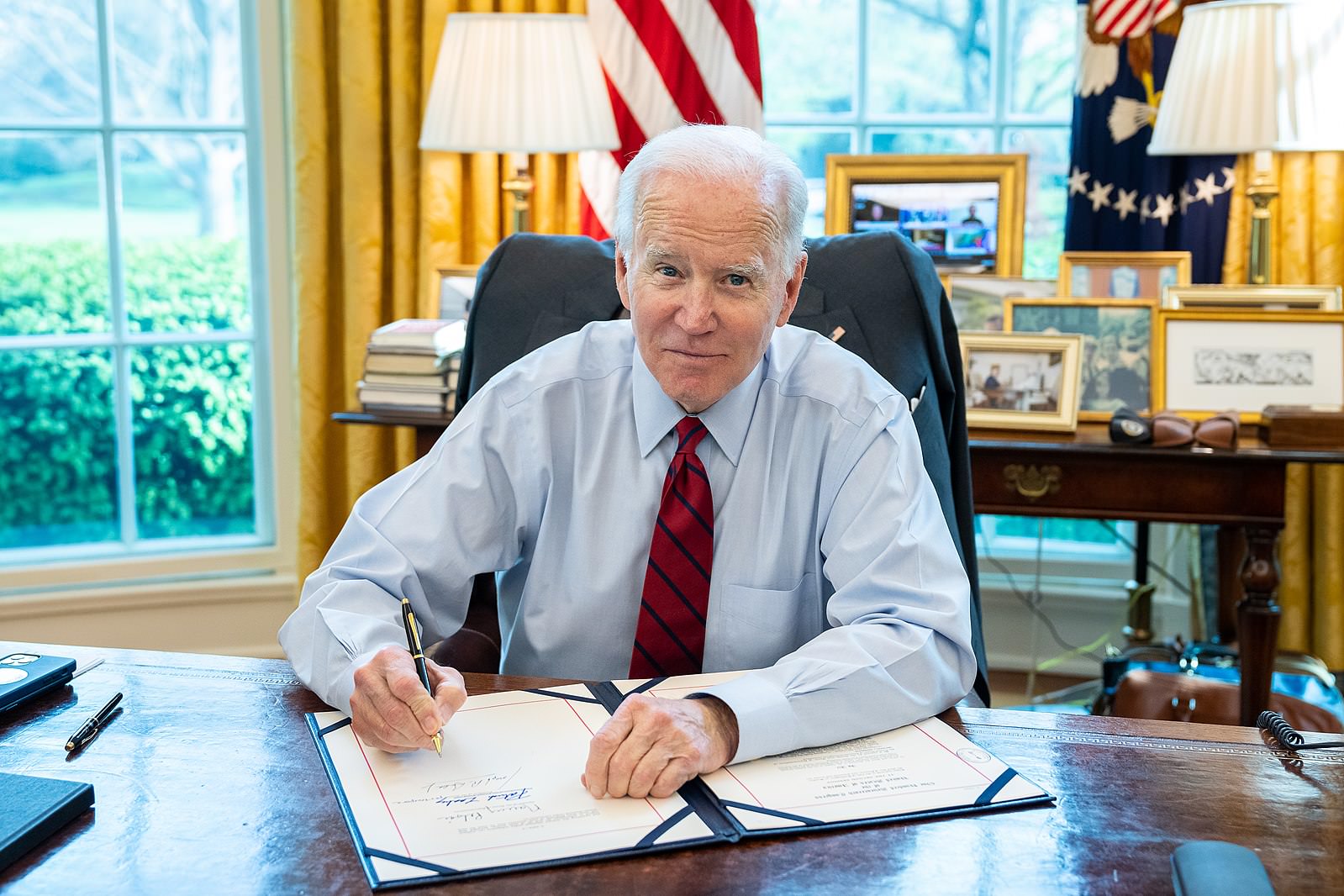Politics
Poll: Biden’s disapproval rating hits record high
By Jake Beardslee · March 2, 2024
In brief…
- Poll shows 47% of voters strongly disapprove of Biden's leadership, the highest rate in any Times/Siena poll during his presidency.
- Biden's support at 43% trails behind Trump's 48%, a potential warning sign for the Democratic president.
- Trump has unified support within his party, with 97% of his 2020 voters still backing him, while Biden retains only 83% of his voters from four years ago.
- 10% of 2020 Biden voters said they would now vote for Trump.

A recent poll conducted by The New York Times and Siena College reveals that President Joe Biden’s leadership is facing increasing disapproval among voters. The survey, which polled 980 registered voters in February, found that 47% of respondents “strongly disapprove” of Biden’s handling of his job, marking the highest figure for this rate in any Times/Siena poll during his presidency.
The poll also shows Biden’s support at 43%, trailing behind former President Donald Trump’s 48%. This could be a warning sign for the Democratic president, who has faced criticism for his age and handling of the current conflict in Gaza.
In contrast, Trump, despite recent legal losses and upcoming trials, has successfully unified support within his party as he seeks to retake the White House. The Times/Siena poll found that Trump has the support of 97% of people who say they voted for him in the 2020 election, while Biden is winning just 83% of his voters from four years ago. Notably, 10% of the 2020 Biden voters said they would now vote for Trump.
The poll results highlight the challenges Biden faces as he seeks to maintain support among voters, while Trump’s base remains largely intact. As the 2024 presidential race approaches, these findings may influence campaign strategies and voter preferences.